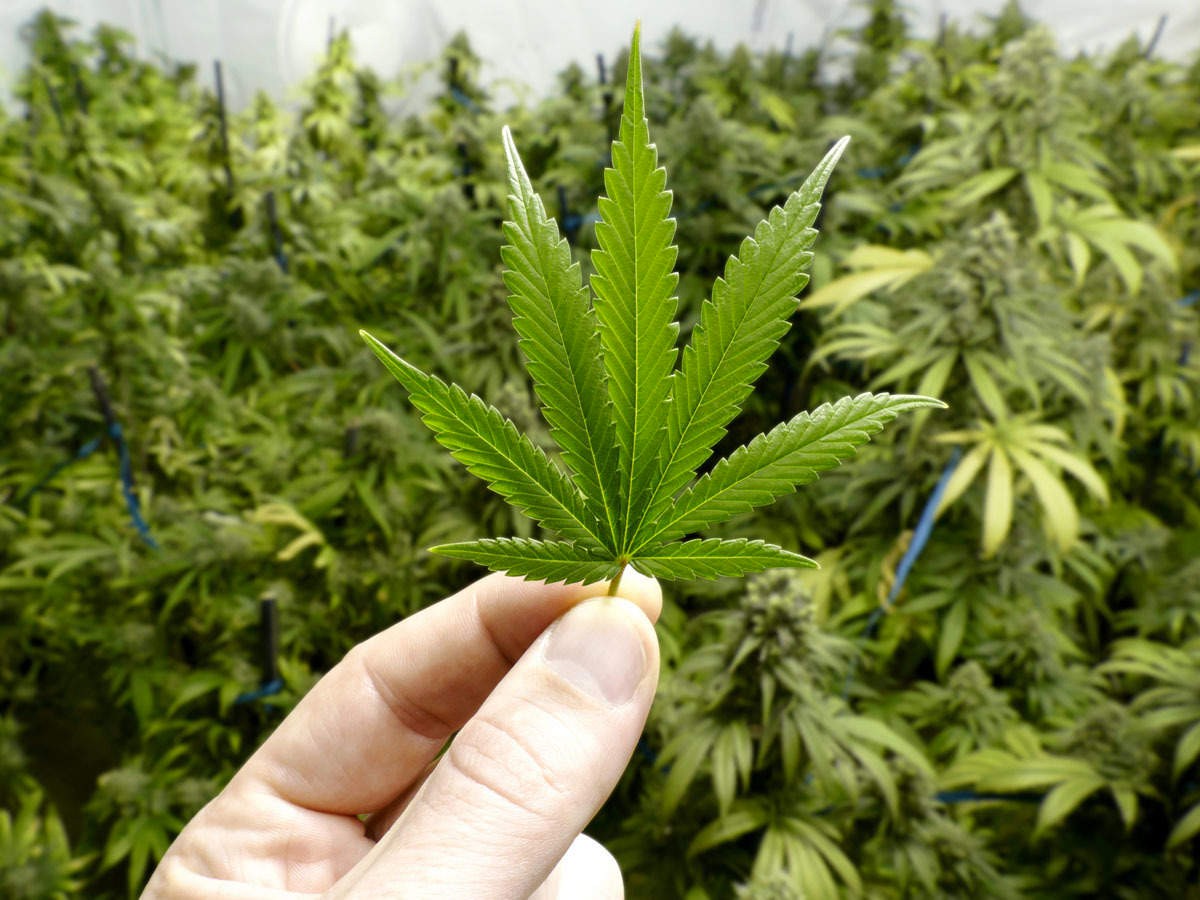Why Do People Use Medical Marijuana?
Currently, many people use medical marijuana to treat ailments such as depression, migraines, headaches, pain, and multiple sclerosis. However, there is still a lot of debate about its efficacy. There are many people who believe that marijuana has no medical benefits, while others believe that it can improve the quality of life for people suffering from these conditions.
Cannabinoids have a “substantial analgesic effect”
Several studies have shown that cannabinoids have a substantial analgesic effect. These effects are not specific, however. Despite the fact that cannabinoids have been used for pain relief for many years, clinical studies are still in their infancy.
Cannabinoids can have a neuroprotective effect, and they may also be effective in the treatment of chronic pain. They are also thought to have an anti-diarrheal effect. They are not known to interact with other drugs used to treat glaucoma. Nevertheless, there are several limitations to their use.
A small but promising clinical trial has shown that cannabinoid drugs might be useful in treating wasting syndrome in AIDS patients. However, the results of this study are not conclusive, and there are better treatments for wasting syndrome.
Pain
Several studies have shown that medical marijuana can be a helpful treatment for pain. However, there are also concerns about the risks involved with using cannabis for pain.
One study from the University of Colorado suggests that cannabinoids can have a powerful anti-inflammatory effect. Researchers also suggest that CBD may help alleviate pain in some people with chronic pain.
The International Association for the Study of Pain (IASP) has also commissioned a task force to evaluate the risks involved with using cannabis for pain. The team reviewed a number of observational studies, which spanned nearly 15,000 participants, and analyzed 25 clinical trials. The review concluded that cannabis is a promising source of analgesic medications, but more clinical research is needed to fully understand its risks.
Back problems
Using medical marijuana for back problems is becoming more and more popular. It is considered a safe alternative to opioids and has the potential to be a solution for patients who have had poor results from other treatments.
Medical marijuana has been shown to help alleviate back pain, increase physical activity and improve mental health. It may also help relieve nausea and vomiting.
While medical marijuana has been gaining popularity for back pain, research is still needed to prove its effectiveness. Many patients report a positive experience with the drug.
Medical marijuana works by interacting with the body’s endocannabinoid system. The system has two types of receptors, CB1 and CB2. These receptors modulate neurotransmitter release, cytokine production and pain transduction.
Depression
Medicinal marijuana is being studied for its potential to help treat depression. Depression is a common disorder that affects millions of people around the world. It affects mood, thoughts, and behavior. People suffering from depression are usually low in energy and often feel sad.
Medical marijuana has also been shown to help reduce the symptoms of depression. In fact, in a study, patients who used medical marijuana for depression had lower depression scores. The researchers also reported that patients who used medical marijuana for depression reported less anxiety.
Medical marijuana for depression should be discussed with your physician. Some of the possible benefits of using marijuana for depression include mood stabilization, restoration of normal endocannabinoid function, and symptom relief.
Headaches
Several states have approved the use of medical marijuana for patients suffering from migraines. While marijuana is not a cure, it can help to ease the pain and reduce the frequency of attacks.
A new study suggests that using marijuana may reduce the severity of a migraine. Researchers studied three hundred and sixty eight chronic migraine sufferers, analyzing their medical records. Among those who used cannabis, forty five percent of participants reported reduced migraine attacks, and eighty five percent reported fewer migraines per month. However, more studies are needed to verify these results.
Researchers found that using medical cannabis reduced migraines associated with nausea, vomiting, and pain. Additionally, those who used cannabis were also able to stop migraines altogether.
Multiple sclerosis
Medicinal marijuana may be an option for those suffering from multiple sclerosis (MS). Multiple sclerosis is an autoimmune disease that affects the central nervous system (CNS), which is the body’s network of nerves. The immune system attacks myelin, a fatty protective coating on the nerve fibers. This causes rampant inflammation of the brain that destroys neurons.
Researchers are conducting studies on medical marijuana and MS. The results have been promising. They show that marijuana can reduce the symptoms of MS. These symptoms include fatigue, pain, memory problems, and motor coordination difficulties. However, there are still many questions about its use.
One study found that using marijuana in the treatment of MS can help alleviate spasticity, a disordered nerve function. Those using cannabis extract reported decreased muscle stiffness and improved sleep. It has also been suggested that medical marijuana could help manage pain.
If you are looking to purchase legal marijuana, Daddy’s Marijuana Dispensaries can help you now.











